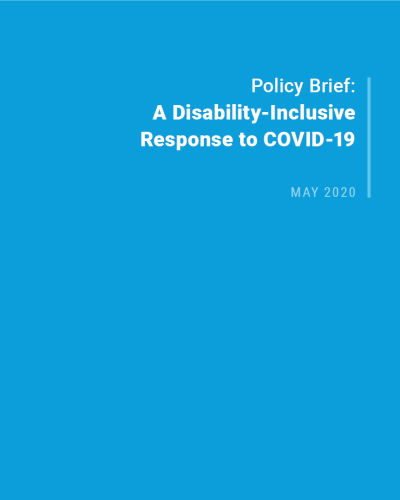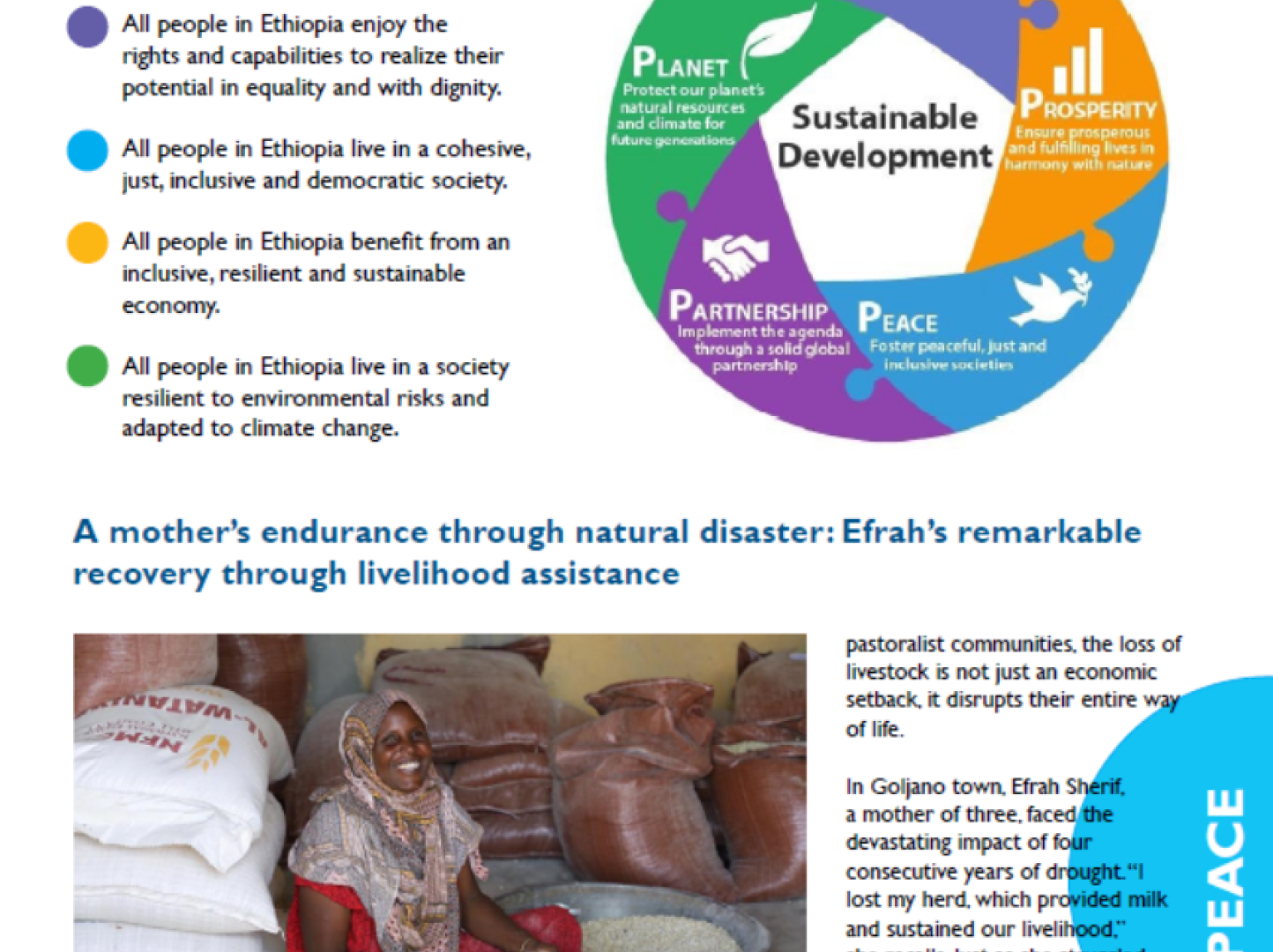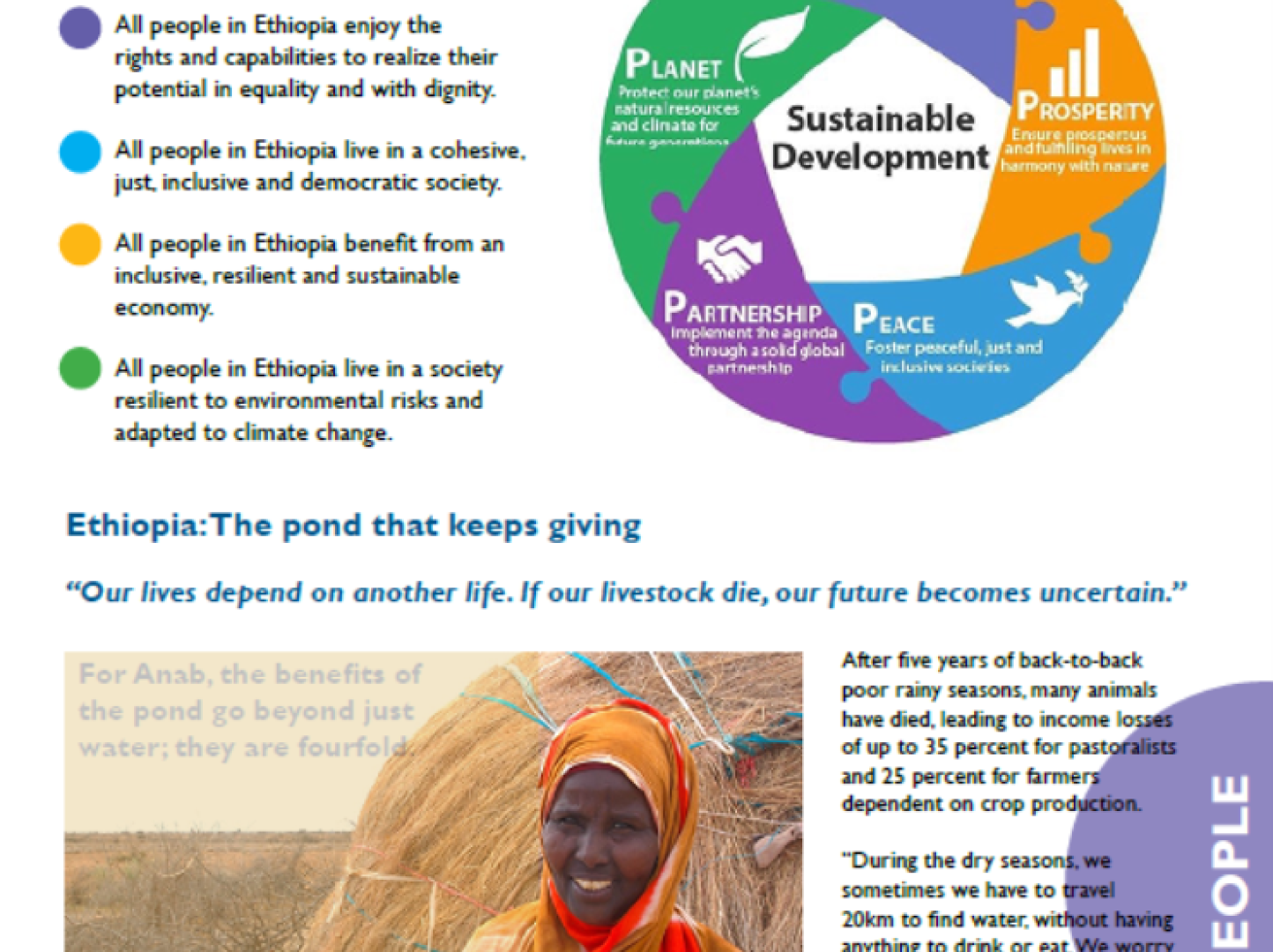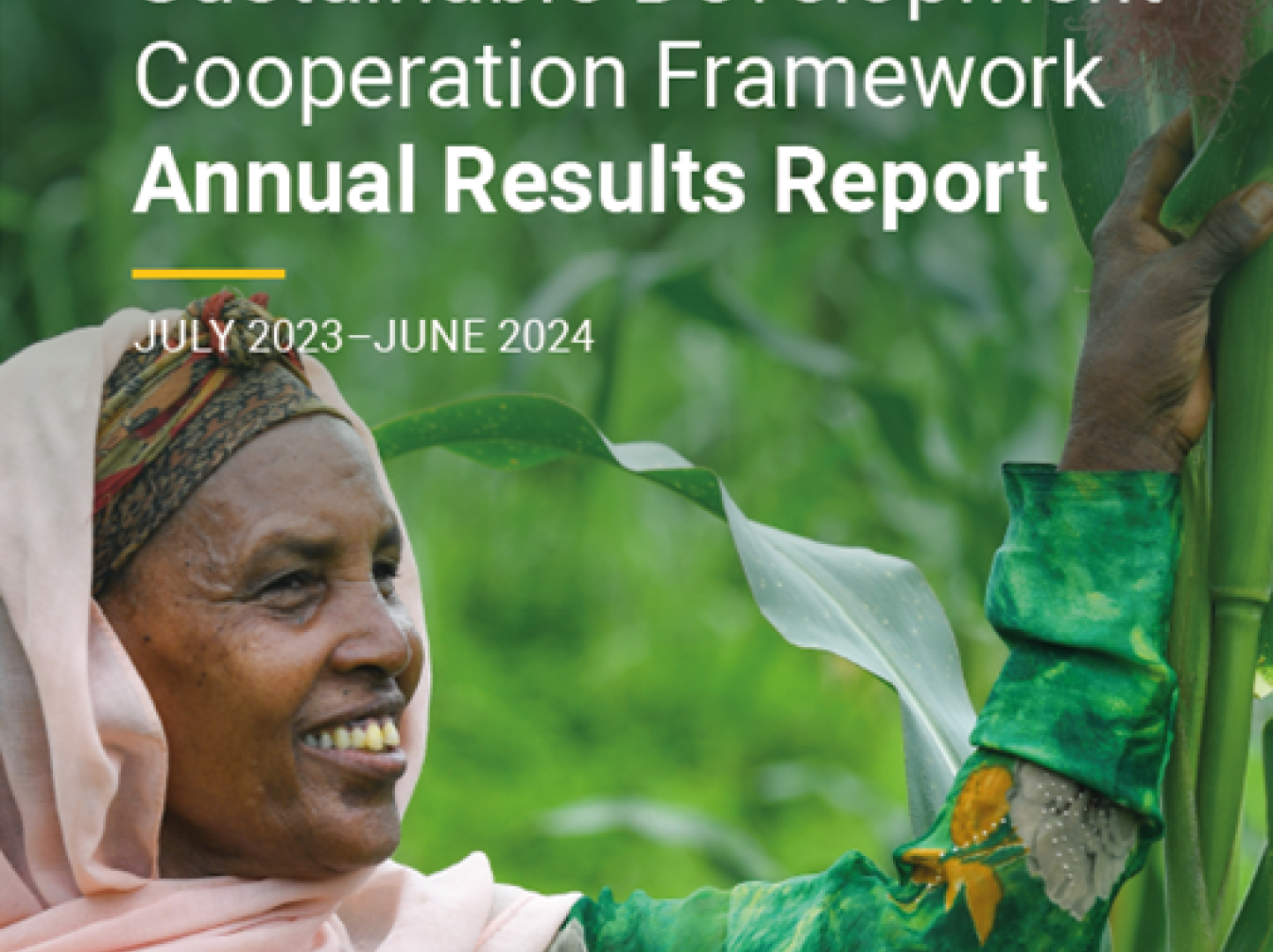Policy Brief: A Disability-Inclusive Response to COVID-19

The global crisis of COVID-19 is deepening pre-existing inequalities, exposing the extent of exclusion and highlighting that work on disability inclusion is imperative. People with disabilities—one billion people— are one of the most excluded groups in our society and are among the hardest hit in this crisis in terms of fatalities. Even under normal circumstances, persons with disabilities are less likely to access health care, education, employment and to participate in the community.
They are more likely to live in poverty, experience higher rates of violence, neglect and abuse, and are among the most marginalized in any crisis-affected community. COVID-19 has further compounded this situation, disproportionately impacting persons with disabilities both directly and indirectly.
An integrated approach is required to ensure that persons with disabilities are not left behind in COVID-19 response and recovery. It calls for placing them at the centre of the response, participating as agents of planning and implementation. All COVID-19 related action must prohibit any form of discrimination based on disability and take into consideration the intersections of gender and age, among other factors. This is necessary effectively and efficiently to address and prevent barriers that may arise during response and recovery.





